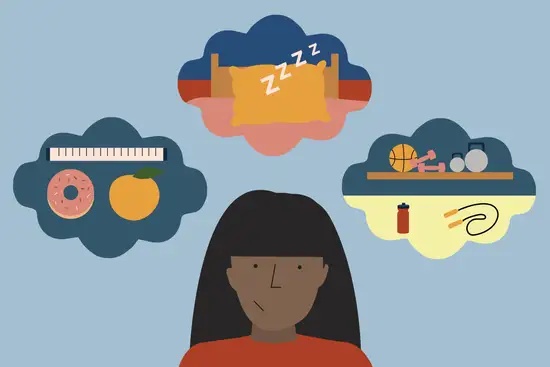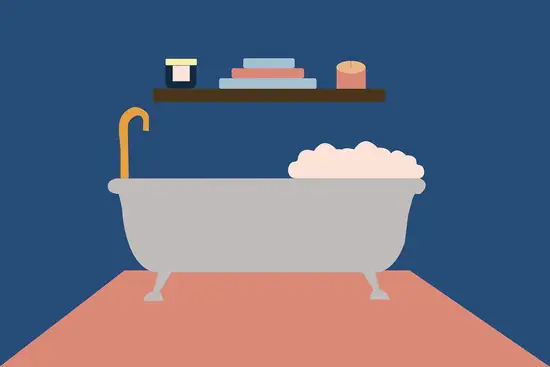Key Points
For many of us, the festive period is a chance to relax and unwind, spend quality time together and maybe overindulge in Christmas food and drinks. We tend to break from our routines over the holidays and this can affect how we sleep.
In this article we explore the following topics to help you sleep well during the festive period:
- getting your sleep in order in the run-up to Christmas
- tips to sleep well, for adults and children alike, on Christmas Eve
- how getting good sleep can keep you in good spirits during the holidays
- ways to ensure you’re getting enough sleep during the festive period
- what do to if Christmas leaves you desperate for sleep.
Introduction
Christmas is the time to eat, drink and be merry but did you know good sleep can be the greatest gift of all during the festive period? This article is our present to you — filled with all of the hints, tips and advice you need to help you sleep well and enjoy quality time with friends and family.
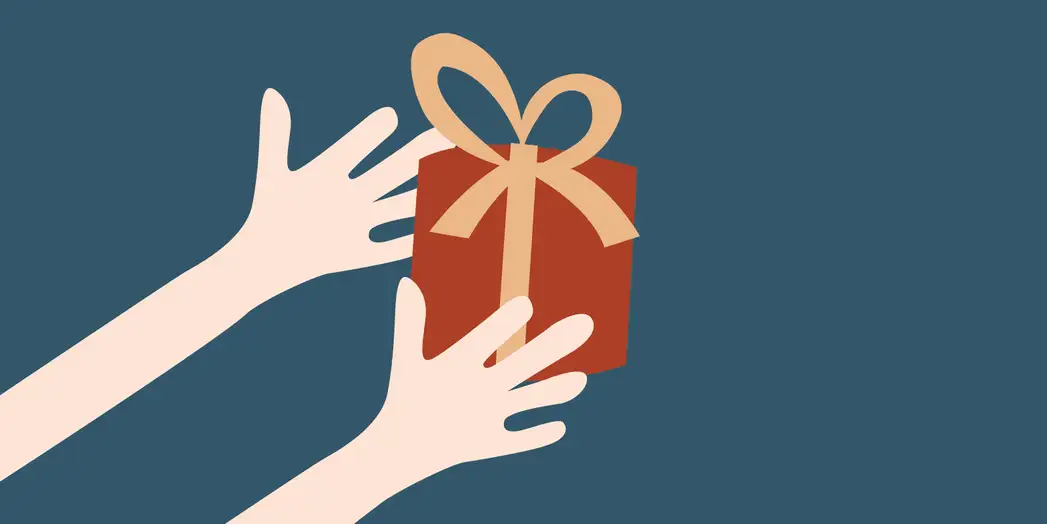
How to sleep well as Christmas approaches
The run-up to Christmas can be an emotionally charged time. For some people, there’s a building excitement as the festive season approaches. There are parties to attend, children begin to get more and more excited about what Father Christmas might be bringing and the atmosphere buzzes with expectation and festive cheer.
But it can also be an incredibly stressful time. Whether it’s money worries, the anxiety of organising everything, thoughts of spending time with family or just not really feeling the Christmas vibe… feelings of stress, anxiety and even depression can come from all sides during the festive period.
Many of us feel a mixture of stress and excitement ahead of the festive period and, whatever you feel, these heightened emotions all have the potential to interfere with your sleep.
So how can you ensure you’re sleeping well in the run-up to Christmas?
Firstly, make time for sleep. Your mind may be racing due to all of the planning and organisation that’s part and parcel of your ‘perfect’ Christmas.
However hectic the impending holiday season may be, sleep is vitally important to your physical, mental and emotional health.
We’ve all experienced those familiar festive stressors that keep us awake at night — the time it takes to roast the turkey, who’s in charge of the TV remote and whether the kids will be happy with their brand new console.
Often you can’t stop thinking when you should be sleeping but you really need to give your brain a break. You need a quiet mind to achieve a restful sleep but there’s nothing quiet about Christmas! So what can you do?
Don’t check bills, catch up on work emails or argue with your partner once you’re ready for bed. In fact, give yourself a good 45 minutes to wind-down, relax and look forward to the prospect of a good night’s sleep.
Put your worries to bed long before you get yourself into bed.
Read a good book, enjoy a warm bath or listen to some calming music. If your mind is still racing once you’re in bed, there’s a host of thought-blocking techniques that you can try to clear your mind and help you fall fast asleep.
Is the thought of Christmas affecting your sleep?
Whether you’re too excited to sleep or the festive period stresses you out and you’re struggling to sleep, Sleepstation is here to help. Start by answering a few questions about your sleep to see how we can help you.
If you’re waking in the night and your thoughts are keeping you awake, a simple tip is to keep a pen and paper beside your bed. That way you can note down that Christmas present idea you’ve just remembered or the stressful thing that’s intruding on your sleep.
Your middle of the night concerns will still be there in the morning and you don’t have to keep worrying about them during the night. If you find that your mind is racing with all the things you have to do tomorrow, simply make a list of those things that need to be tackled the next day.
Finally don’t try and fall asleep. The harder you try, the less likely you are to sleep. If you’re tossing and turning for more than 30 minutes at the start of the night — or 20 minutes during the night — then it may be helpful to get out of bed and do something else.
Sit in another room, read a book, do a puzzle or listen to some relaxing music for a while. Only go back to bed when you feel sleepy again. If you wake early in the morning, it may be easier to get up and do something rather than trying to go back to sleep again.
By taking steps to improve your sleep prior to Christmas, you’ll be in great shape to enjoy the full force of the festive period when it finally arrives. Establish some good sleep habits before the big day and you’ll be able to fall back on them throughout ‘the most wonderful time of the year.

It’s not just children who struggle to sleep on Christmas Eve!
As December 24 draws to a close, many of us find it difficult to get to sleep. Children are too excited and grownups may be worrying about the running order of the Christmas cooking the next day…
Thankfully, we have some ideas for how to make sure your Christmas Eve sleep leaves you feeling refreshed and energised for Christmas Day!
First on our list is exercise. We all know that exercise is important for your physical health, but it also benefits your mental health and helps you sleep. Exercise is a great stress reliever, so it’s the perfect way to let go of some of your festive stresses before the big day arrives.
Getting exercise, in whatever form you enjoy, is a simple and easy way to promote a good night’s sleep.
If the weather permits, getting outdoors for your exercise is the best option. Getting exposure to natural light helps regulate your body clock, making you feel awake and alert during the light hours and sleepier as the night falls.
So take the dog for a walk, hit the park, let the kids burn off some energy in any way you can think of — just make sure to not exercise too close to bedtime. As long as you’ve had a reasonable amount of time to cool off and let your heart rate go back to normal, you should be ok.
As we’ve already mentioned, a relaxing wind-down routine is a good way to calm the body and mind for sleep. This is especially useful to children, who may be hyped up about the impending visit from St Nick.
Sleep loves routine and so establishing or maintaining a regular bedtime routine is just as crucial for children as it is for adults.
Choose calming and relaxing activities in the hour before bed, such a reading a book together, listening to some gentle Christmas music or running them a pre-bed bath. Screens should be avoided before bed and lowering the lights may be helpful to promote sleep too.
For adults, the same advice stands. Banish screens in the run-up to bedtime — that includes turning off Netflix and logging off from social media. Exposure to blue light emitted by smartphones, TVs, computers and tablets can limit melatonin production in your brain and this hormone is key in signalling to the body that it’s time to sleep.
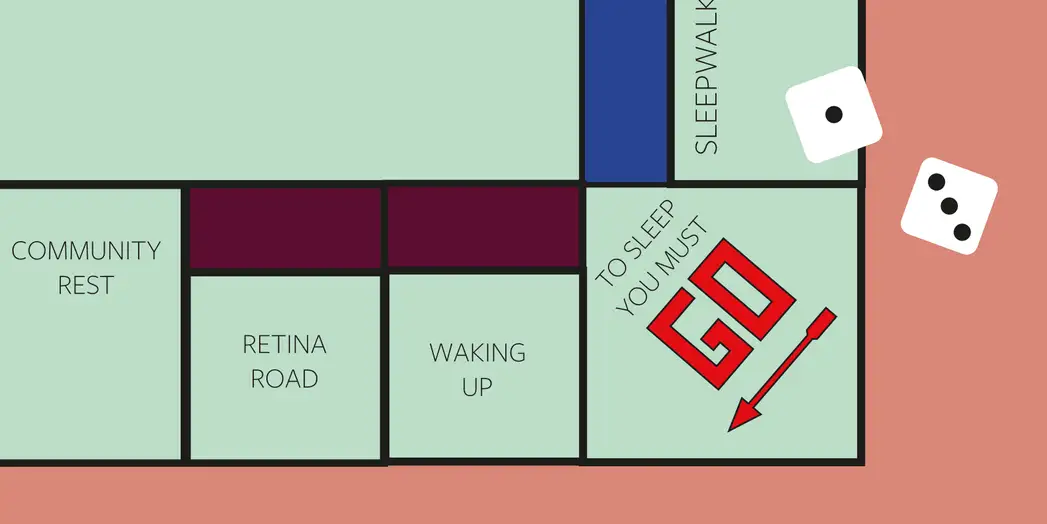
Getting enough sleep during the festive period
So you’ve made it to Christmas Day and now the festivities really begin! This is a time when we all tend to overindulge a little. We feast and make festive but getting enough sleep often gets put to the side.
Late nights are an inevitable part of the Christmas season but that shouldn’t be a worry. One of the most important things you can do to improve your sleep is to fix your getting-up time. Regardless of how late you go to bed, aim to get up at the same time each morning.
If you wake up at irregular times, you may experience a feeling of grogginess and fatigue on waking. It’s what we call ‘sleep inertia’ and no-one wants to feel below par at Christmas.
The late nights, coupled with eating and drinking to excess, can also lead to the need for an afternoon nap. Try to avoid long naps during the day as they can reduce the need for sleep at night. If you do feel sleepy during the day, a 20-minute ‘power-nap’ will help boost your mental performance.
What we eat and drink during the Christmas period can also affect our sleep. The good news is that you can still enjoy all the food and drink that the festive period has to offer as long as you’re mindful about how it may impact on your sleep.
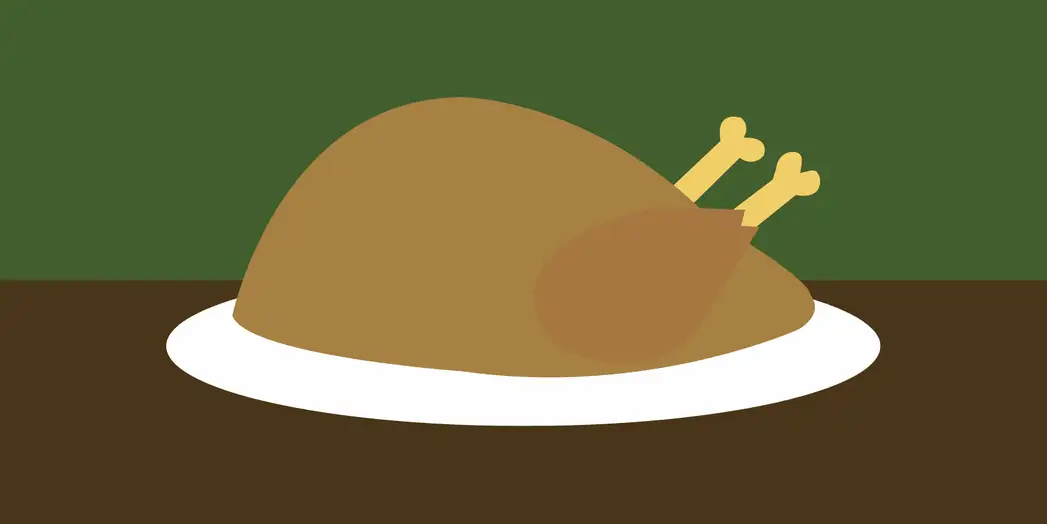
When you eat can affect your sleep. A heavy meal too close to bedtime may sit heavy on your stomach, making you less comfortable when you settle down to sleep. Processing a big meal means that your body has to burn calories and this causes your body temperature to rise.
Good sleep requires that your body temperature drops during the night. At the same time, you should avoid going to bed hungry as this can be just as disruptive to sleep as going to bed too full.
Avoid eating large meals too close to bedtime but if you’re genuinely hungry before bed then opt for a plain snack, such as a slice of hot buttered toast, to keep you full until the morning
Avoid too much alcohol before bed. Alcohol works on the same receptors as sleeping tablets so it’ll help put you to sleep — the problems come later in the night.
There’s the headache caused by dehydration, the need to visit the bathroom and the disturbed and restless sleep because of feeling hot as you’re frantically burning off all of the extra calories. However, a small sherry before bed has never done anyone any harm.
Caffeinated drinks may affect your sleep but there’s no ‘one size fits all’ when it comes to drinking tea and coffee. It’s widely known that caffeine is a stimulant but what’s less appreciated is that different people have different sensitivities to the alerting effects of caffeine.
For some people, even a small amount of caffeine early in the day is enough to cause problems falling asleep 10 to 12 hours later. There are others who can drink two strong coffees every evening and have no problem sleeping.
But if you do have problems falling asleep — or your sleep isn’t restful — it may be useful to avoid caffeinated drinks and see if your sleep improves. You need to experiment with trying to find the time that’s best for you to stop drinking caffeinated beverages before your usual bedtime.
Drinking too much of anything can lead to disturbed sleep. At a simple level drinks are liable to cause more awakenings because of the need to go to the toilet during the night. It’s a good idea to restrict your fluid intake about an hour before bedtime and then make sure that you empty your bladder one last time before switching the light out.
And finally, don’t ignore your body’s sleep cues. This means going to bed when you’re sleepy and getting the right amount of sleep for you. If you’re sleepy then go to sleep — regardless of the time. The Christmas period can be exhausting, so trying to party on through with little sleep is not the best course of action.
Don’t ignore your body telling you that you need more sleep. If you’re waking up exhausted over the Christmas period, then you’re not getting enough sleep and this is probably going to impact on how you enjoy the festivities.
On the other hand, if you feel awake and function at a high level during the day, you’re probably getting enough sleep.
Sleep is really important for regulating mood
We all know how stressful the festive season can be and good sleep really is the best remedy. Getting enough sleep is especially important at Christmas for:
- helping you control your emotions. Spending time with friends and family can be wonderful but it can also be tough. Better sleep will enhance your mood and ability to cope.
- helping you cope better with stress. Things tend to get a little hectic over the holiday season and good sleep can help you manage better.
- making you feel more positive. Good sleep can increase your empathy towards and positively about the people you are with.
- helping you to support your children. Stopping children from getting over-sleepy and fractious can contribute to the happiness of one and all.
- moderating your appetite and your craving for sugary and fatty foods. If you sleep well, you will be less tempted to over-eat and overindulge and therefore less liable to put on the pounds.
On top of all its mood enhancing properties, good sleep also keeps your immune system working at its best. Over Christmas you’re likely to be socialising more than usual and increasing the risk of getting a cough or cold. Being sleepy and run down makes it more likely that you’ll catch whatever is ‘going around’ this Christmas.
So it’s easy to see that taking care of your sleep can enhance your experience of the festive period!
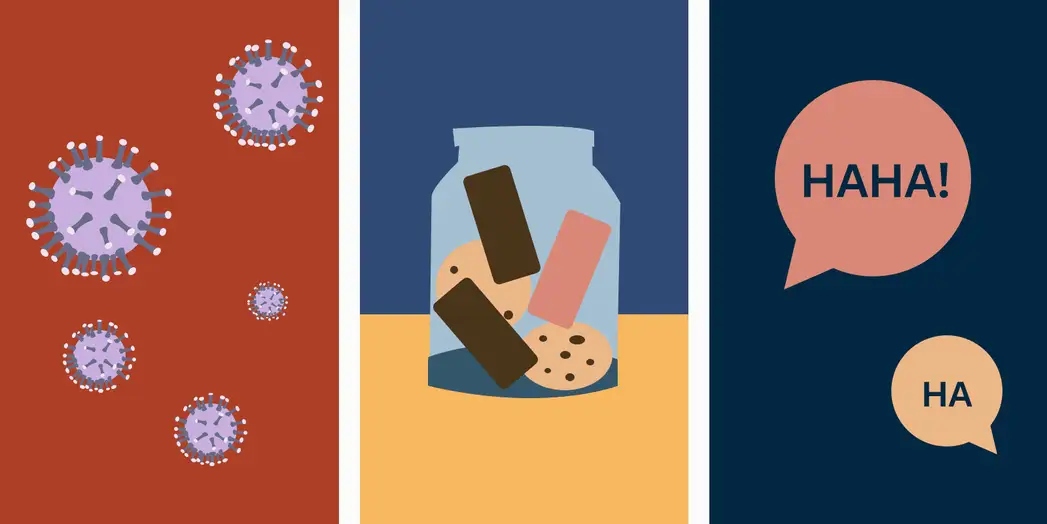
What to do if the festive period leaves you struggling to sleep
For many people, Christmas can be emotionally and physically draining. If you were having trouble sleeping before the festive period, are worried about how your sleep will suffer during the holidays or have been left unable to sleep after all the festivities then Sleepstation is here for you.
We’ve got an articles section that is jam-packed full of useful and interesting topics to help you improve your sleep — from how to create the ideal bedroom setup to how sleep and mental health go hand in hand and many more in between.
We’ve helped thousands of people to regain control over their sleep and our results speak for themselves. Improving your sleep can have a positive impact on all areas of your life, including your mood, energy levels and overall health and wellbeing.
So don’t let a sleep problem hold you back over the festive period, start now by answering this short questionnaire and you could be on your way back to sleeping well in no time at all.
Summary
- Keeping to a regular sleep routine will help you to sleep well over the Christmas period.
- For a restful Christmas Eve’s sleep, include some exercise in your daytime activities and incorporate calming activities in your evening routine.
- Christmas feasting and festivities needn’t interfere with your sleep if you time them right.
- If you’re struggling with sleep issues over the festive period, you’re not alone.
- Sleepstation can provide you with all the tools you need to take back control of your sleep.
